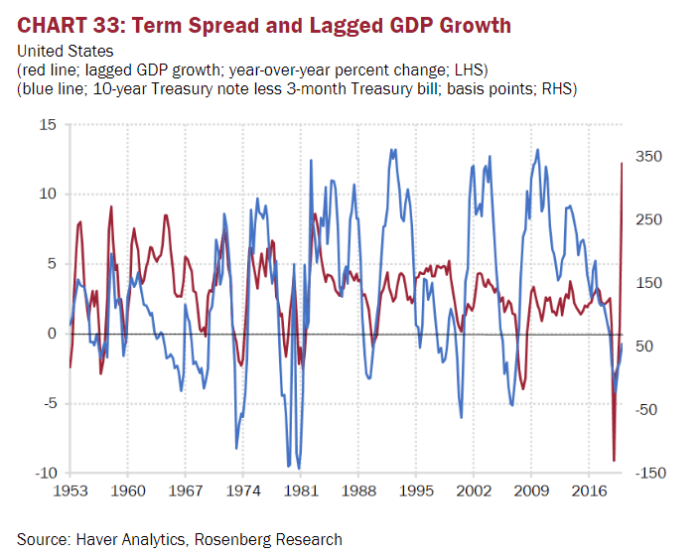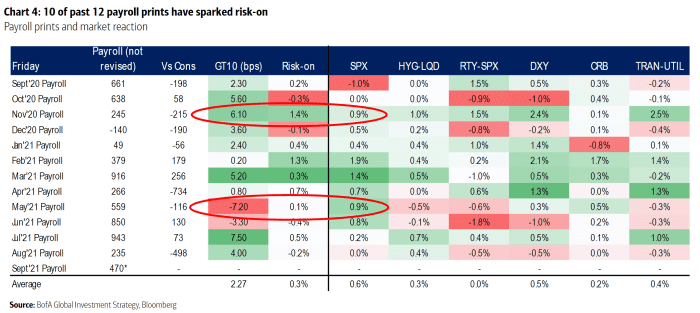You wouldn’t expect a 97-year-old to necessarily have a lot of patience, but legendary investor Charlie Munger is doing just that with one of his holdings.
Munger’s Daily Journal
DJCO,
nearly doubled its stake in Chinese internet giant Alibaba Group Holding
BABA,
in the third quarter, a Securities and Exchange Commission filing released this week showed. (Holdings in Bank of America
BAC,
Posco
PKX,
US Bancorp
USB,
and Wells Fargo
WFC,
were unchanged.)
Munger, also the vice chairman of Berkshire Hathaway
BRK.B,
now has about 18% of Daily Journal’s portfolio in Alibaba, at a basis of between $180 and $200 per share, says Tom Hayes, chairman and managing member of Great Hill Capital, who has also invested in Alibaba. Alibaba closed Thursday at $156.
Hayes says there are key lessons to be learned from Munger’s investment. “For starters, successful people do what unsuccessful people won’t. He’s willing to take some short-term pain for long-term gain. Not on the basis of wishing or hoping, but on the basis of facts and data,” says Hayes.
Granted, yes, Alibaba has been fined for monopolistic practices, and China has aggressively sought to tame its big businesses. There also are efforts afoot by the Securities and Exchange Commission to delist Chinese companies, though Hayes points out that Alibaba’s auditor is PwC, and he doesn’t believe Chinese listings with big four auditors will be removed.
Alibaba has been growing its top line, and cash flow is forecast to more than double in the next few years. You can now pay less for Alibaba than it was when the company was less than a third of its current size, says Hayes. And it will be tough to find one billion users elsewhere. “And that’s why Buffett and Munger are the best investors around,” Hayes said.
The chart

The spread between the yield on the 10-year Treasury note and the 3-month bill has the highest correlation to gross domestic product growth one year out, of any yield curve indicator. And, at the current spread, the economy will expand at 2.3% next year, a far cry from the 3.8% the Federal Reserve is projecting. “While the yield curve may not be able to give an exact estimate of future economic activity, it sure can give an indication about the general direction of growth. And right now, what the curve is saying is that growth will be way below where the consensus and the Fed expect it to be, thus leaving enough room for disappointment,” said David Rosenberg, chief economist and strategist at Rosenberg Research.
The buzz
The big event of the day is the Canadian jobs report. Nah, just kidding, it’s the U.S. nonfarm payrolls report, which is expected to show a 500,000 increase in jobs and the unemployment rate ticking down to 5.1%. Federal Reserve officials have set a low bar for this report to clear in order to initiate the bond taper program, with Chair Jerome Powell saying it only has to be “reasonably good.”
Strategists at Bank of America point out that 10 of the last 12 payrolls report have sparked risk-on behavior in markets.

U.S. stock futures
ES00,
NQ00,
were a touch higher ahead of the report, while the yield on the 10-year Treasury
TMUBMUSD10Y,
edged up to 1.58%.
The Senate voted Thursday night to lift the debt ceiling by $480 billion, moving the legislation to the House, which is expected to do likewise.
Electric-car maker Tesla
TSLA,
announced it was moving its headquarters to Texas from California.
Oshkosh
OSK,
warned that supply-chain and logistics disruptions were hurting its ability to make and ship units, as it lowered guidance for its fiscal fourth quarter.
The 2021 Nobel Peace Prize was awarded to journalists Maria Ressa of the Philippines and Dmitry Muratov of Russia for their fight for freedom of expression.
Random reads
Walmart’s
WMT,
Sam’s Club is offering bigger turkeys this year. Here’s why.
A six-year-old is Georgia’s youngest certified farmer.
A remote stun gun-style device is being used — to quiet dancing grannies in China.
Need to Know starts early and is updated until the opening bell, but sign up here to get it delivered once to your email box. The emailed version will be sent out at about 7:30 a.m. Eastern.
Want more for the day ahead? Sign up for The Barron’s Daily, a morning briefing for investors, including exclusive commentary from Barron’s and MarketWatch writers.